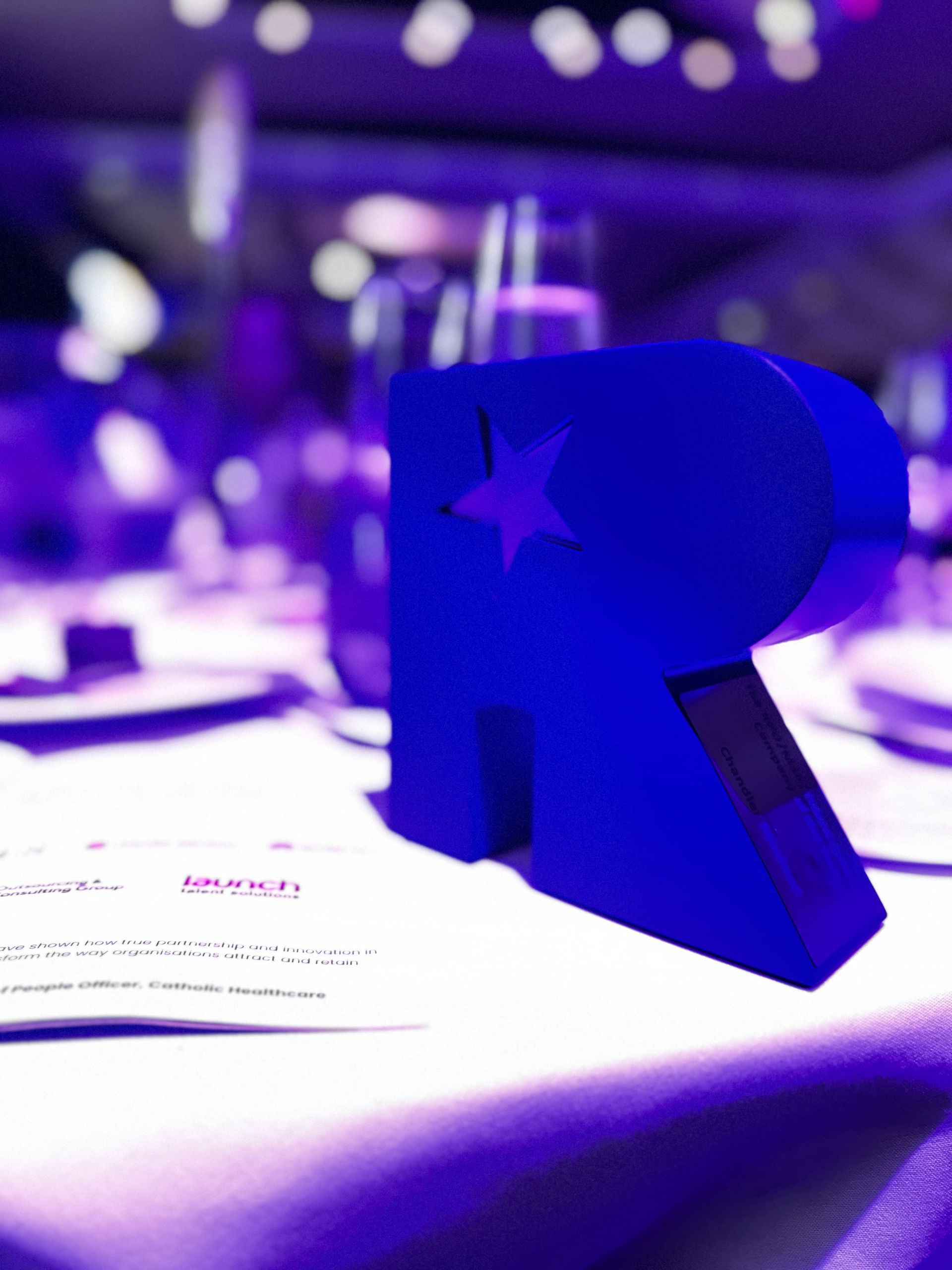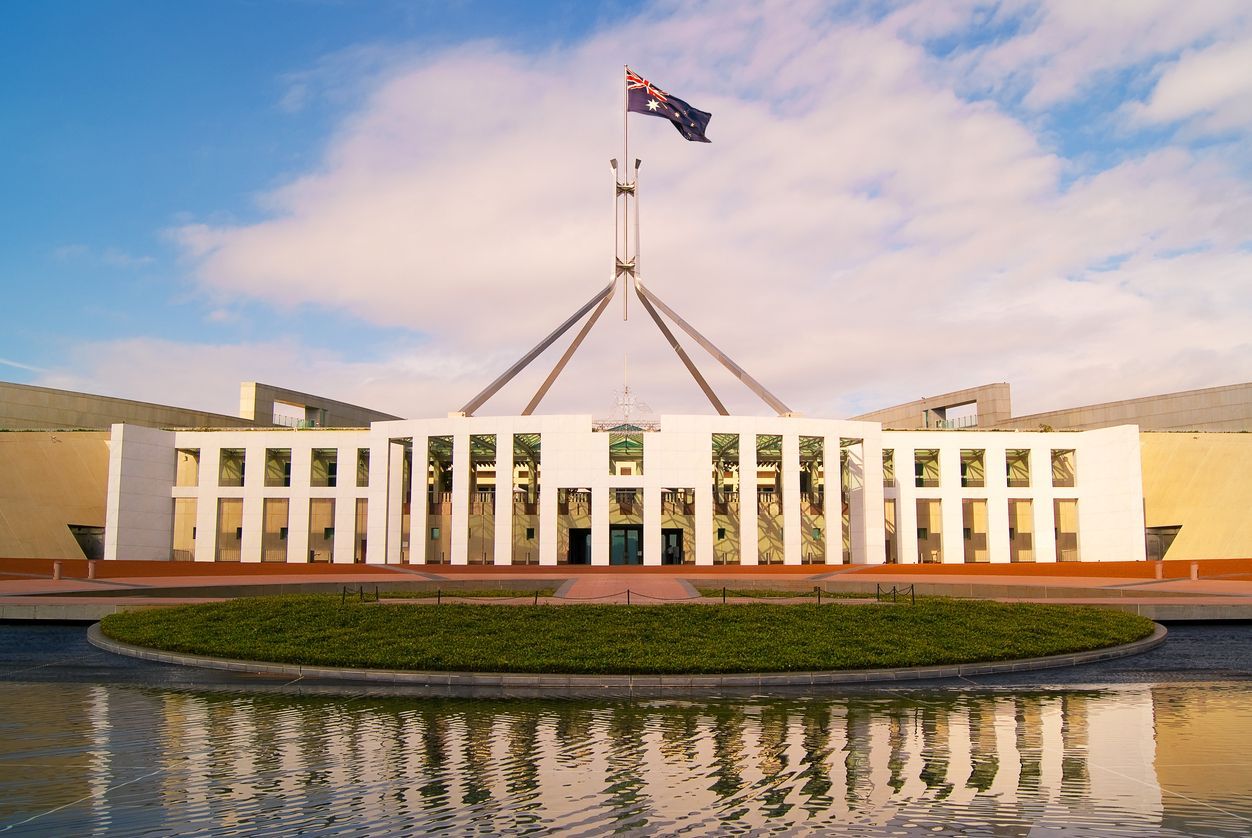Australia Day. Invasion Day. Survival Day. Day of Mourning. Whichever term you use to describe it, there is no denying that January 26 holds significant meaning for a lot of people. As people across the nation prepare to mark January 26th, an important conversation emerges about how to approach this date with sensitivity and thoughtfulness. Beyond the commercialised festivities and celebrations, there is a complex historical narrative that needs to be considered. Acknowledging the diversity of perspectives is not just social awareness, but necessary for anyone attempting to navigate the nuanced terrain of public sentiment, cultural sensitivity, and societal evolution. We will explore why it is crucial for people to tread carefully on January 26th, delving into the considerations that extend beyond commercial endeavours into the realms of inclusivity, respect, and the broader context of reconciliation.
Here are five reasons you should consider taking a careful and sensitive approach to January 26.
Cultural Sensitivity
January 26th is considered by many Aboriginal and Torres Strait Islander peoples as Invasion Day or Survival Day, highlighting the negative impact of European colonisation on their communities. In the business environment, you need to be culturally sensitive and aware of the historical trauma associated with this date to avoid alienating or offending First Nations customers, colleagues, employees, or stakeholders. In the wake of 2023’s disappointing referendum outcome, sensitivity and consideration should be a priority for the community.
Giving Aboriginal and Torres Strait Islander colleagues, customers, and stakeholders a voice to share what it means to them, and an opportunity to provide a new perspective is an incredible opportunity to move towards fostering a more inclusive and respectful community.
Reconciliation Efforts
Australia is actively working towards reconciliation with Aboriginal and Torres Strait Islander peoples. Workplaces that take a stance that's seen as dismissive of, or insensitive to Aboriginal and Torres Strait Islander perspectives on January 26 may face public backlash. Being supportive of reconciliation efforts can enhance a company's reputation and contribute to positive social impact.
If your workplace has a Reconciliation Action Plan in place, or claims to embrace diversity, now is the time you can show and support this. Discuss the option for staff members to swap their government mandated public holiday for a day that suits them and does not have negative connotations attached.
Public Perception
The public's views on the celebration of Australia Day are diverse. Some Australians view it as a day of national pride, while others see it as a day of mourning. Workplaces need to be mindful of the diverse perspectives within their customer base and the broader community to avoid being seen as tone-deaf or out of touch with public sentiment.
If you do feel the need to celebrate our nation, why not consider doing this by supporting local Australian businesses- the local bakery or butcher for your barbeque supplies or support Black Owned businesses and put money back into the community, rather than buying cheap, plastic paraphernalia that is made offshore.
Employee Morale and Wellbeing
Business owners and leaders should be attentive to the impact of their stance on January 26th on employee morale and wellbeing. Many people have strong opinions about the significance of the day, and businesses need to foster an inclusive and respectful workplace culture that accommodates diverse perspectives.
It is important for workplaces to be respectful of the fact that many people are empathetic to Aboriginal and Torre Strait Islander communities, and other cultures who have been victims of colonisation, and believe January 26 is not the date to celebrate Australia. If your workplace is not providing you with the opportunity to embrace your culture and heritage, or to openly voice your support to diverse communities, now is the time to speak up, or consider looking for a workplace whose morals and perspectives align with your own.
Legal and Regulatory Consideration
The first ‘Australia Day’ was held July 30th, 1915, in a bid to raise money for war efforts. It was not until 20 years later that January 26 was named Australia Day, and it was only declared a public holiday in 1994. January 26 is not the date that Captain Cook discovered Australia, that was April 19, 1770, nor is it the date he landed in Sydney (April 29, 1770), or even the date he ‘claimed’ Australia as part of the British Empire (August 22, 1770). January 26 commemorates the establishment of Australia as a British colony, and the start of colonisation (the action or process of settling among and establishing control over the indigenous people of an area, according to the Oxford dictionary).
Over time, public attitudes and government policies may evolve regarding the commemoration of January 26th. Businesses should stay informed about any legal or regulatory changes related to the date, as this could impact marketing campaigns, public statements, and corporate events.
In summary, individuals should approach January 26th with sensitivity and awareness of the diverse perspectives surrounding this date. Taking a respectful and inclusive stance can contribute to positive company culture, community relations, and overall brand reputation. While you may think “what’s the harm, it’s only a day,” or “people need to get over it,” or even “many Aboriginal and Torres Strait Islanders celebrate Australia Day,” it is important to put yourself in the shoes of others for a moment and reflect on how you would feel if the community around you celebrated a date that signifies great sadness and loss for people of your heritage and culture.
Australia is an amazing country, and one that many are proud to be from, or to become a part of, but our identity is built in mateship, and that means looking out for each other with respect and consideration.
Chandler Macleod’s Reconciliation Action Plan
Our Reconciliation Action Plan sets a path for our company to actively contribute to the cause of Reconciliation. The development and endorsement of our plan involved firm commitments from our leaders and valuable inputs from all levels and departments within our organisation. Our objective is to increase opportunities, foster connections, and strive for a future that is characterised by equality and integrity.
Find out more about our commitment to Diversity, Equity, Inclusion, and Belonging, and commitment to Aboriginal and Torres Strait Islander Employment. Talk to us about implementing DEIB commitments and programs in your business.
If this post has raised concerns for yourself or you know anyone who might be struggling, you can reach out to the below organisations for support.
Lifeline – 13 11 14 Lifeline Online Crisis Counselling
13 Yarn – 13 92 76 13 YARN Online Crisis Counselling




















